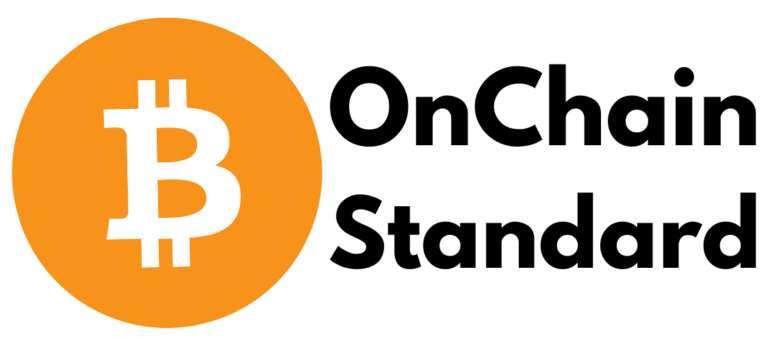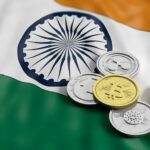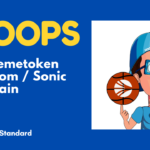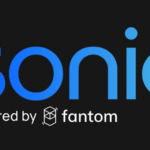In the midst of the ongoing technological revolution, the concept of asset tokenization has emerged as a pivotal force that is reshaping traditional investment paradigms. At the heart of this transformation lies the notion of Real-World Asset (RWA) tokenization—an innovative process that brings tangible, physical assets into the digital realm, presenting novel opportunities and challenges that are redefining the way we perceive, trade, and invest in assets of real-world value.
While the concept of digitizing assets is not entirely new, the emergence of distributed ledger technology (DLT) and blockchain has revolutionized tokenization, injecting a fresh perspective into the traditional approach. Renowned fintech influencer Simon Taylor emphasized the significance of real-world tokenization in a tweet, stating:
"Tokenization represents the most significant revolution in finance and markets in over five decades."
Simon Taylor Tweet
Understanding Real-World Assets (RWAs)
Real-world assets (RWAs) represent tangible, physical entities that hold intrinsic value. They encompass an extensive array of assets, ranging from real estate properties, company shares, and artworks to commodities like gold and precious metals. These assets are firmly rooted in the physical world, often carrying historical, cultural, or economic significance.
The Genesis of RWA Tokenization
The evolution of blockchain technology has paved the way for the digitization of these real-world assets, giving rise to the concept of RWA tokenization. This process involves converting the ownership rights and value of RWAs into digital tokens that can be securely stored and seamlessly traded on blockchain networks. Through this innovative fusion of the tangible and the digital, RWA tokenization bridges the gap between traditional investments and the emerging world of cryptocurrencies and blockchain.
Benefits of RWA Tokenization
The advantages of RWA tokenization are multifaceted, offering a range of benefits to both asset owners and investors:
- Enhanced Liquidity: Traditional investment in RWAs often comes with liquidity constraints due to lengthy transaction processes. RWA tokenization introduces a new level of liquidity, enabling fractional ownership and easy trading, even for assets with historically limited marketability.
- Accessibility: RWA tokenization democratizes investment opportunities by enabling small-scale investors to access assets that were previously out of reach. This inclusivity fosters a more diverse and dynamic investment landscape.
- Transparency: Transactions involving RWA tokens are recorded on the blockchain, ensuring transparency and immutability. This transparency mitigates the risk of fraud and promotes accountability among stakeholders.
- Frictionless Transactions: RWA tokens streamline the transfer of ownership and reduce transactional complexities associated with traditional methods. The use of smart contracts automates processes and eliminates intermediaries, resulting in faster and more efficient transactions.
- Global Reach: RWA tokens can be traded across borders, facilitating cross-border investment and diversification opportunities. This borderless accessibility expands the investor base and enriches the investment ecosystem.
RWA Tokenization in Action: Real Estate
One of the most notable applications of RWA tokenization is in the real estate sector. Real estate asset tokenization involves dividing a property into digital tokens, each representing fractional ownership. These tokens are recorded on blockchain networks, ensuring transparency and security. Investors can then trade these tokens, gaining exposure to real estate markets without the barriers of traditional property ownership.
Challenges and Considerations
While RWA tokenization offers a world of opportunities, it also presents challenges that must be addressed:
- Regulatory Landscape: Navigating the regulatory landscape can be complex, as RWAs span various jurisdictions. Regulatory clarity is essential to ensure compliance and build investor confidence.
- Security Concerns: Smart contracts powering RWA tokens must be meticulously developed and audited to prevent vulnerabilities that could be exploited by malicious actors.
- Interoperability: Establishing interoperability between different blockchain networks and ensuring seamless token transfers is an ongoing challenge that requires collaboration and standardization.
The Road Ahead
RWA tokenization marks a convergence of traditional finance and cutting-edge blockchain technology. As the ecosystem matures, collaborations between legal frameworks, technology developers, and financial institutions will play a pivotal role in shaping its trajectory. The future holds the promise of increased adoption, refined regulations, and further exploration of novel applications across industries.
In a world where physical assets become digital representations, RWA tokenization unlocks new dimensions of financial inclusion, investment accessibility, and global interconnectedness—a journey that is just beginning, yet holds transformative potential for the financial landscape of tomorrow.






